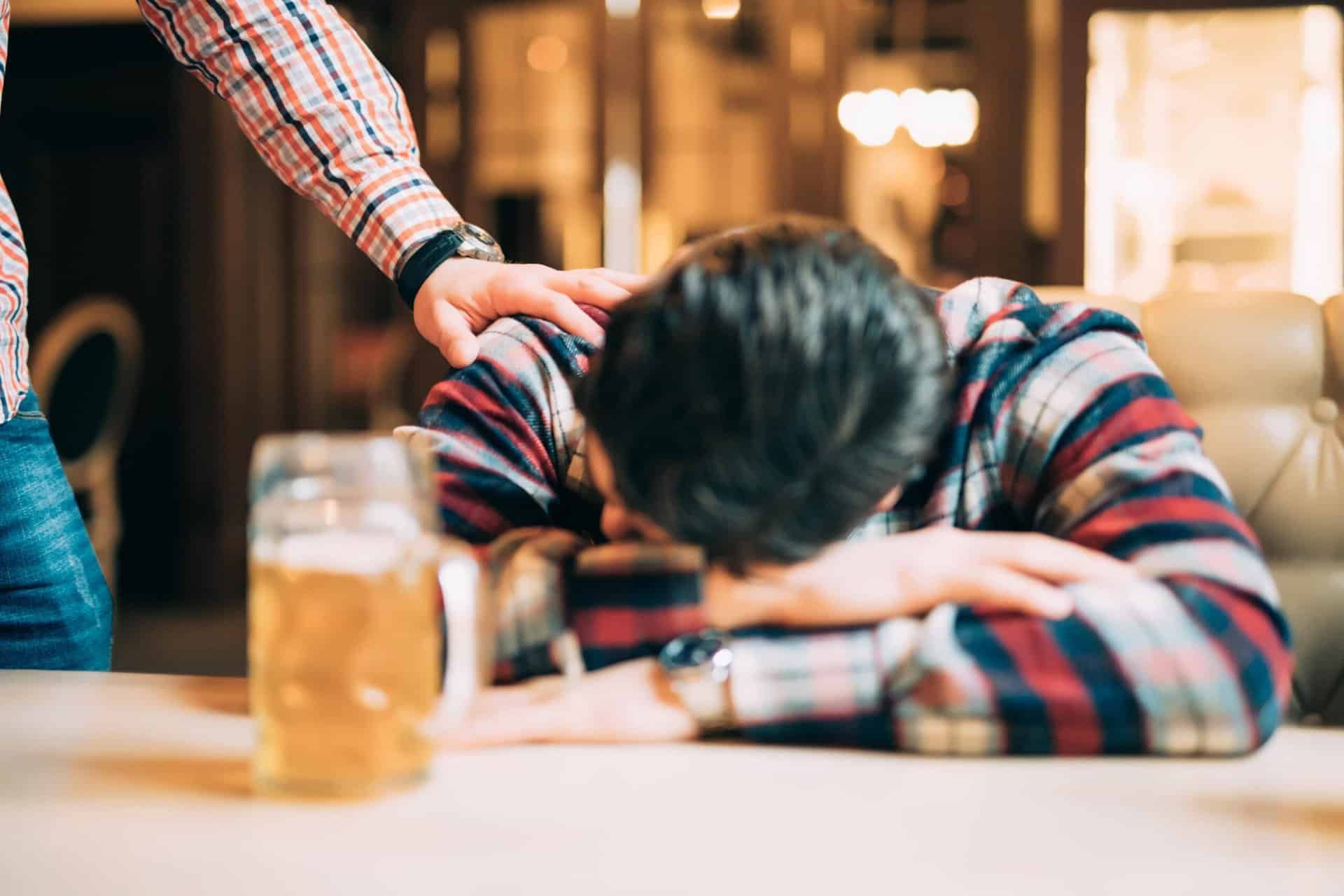Understanding the Cycle of Addiction
Understanding the cycle of addiction is vital when using drugs, alcohol, or other substances and having no control. But, of course, no one intends to become addicted to a substance. Developing the urge to use and the cravings for the highs was never the goal of that first-time user. Recreational use was fun, and everyone seemed to be doing it too. It doesn’t take long, but alcohol and other substances begin to threaten the well-being of people who never intended to become addicted.
With initial uses, the user enjoys the euphoria or the relaxing effect of the substance. However, in a very short time, tolerance builds for the substance, and more is needed to achieve those feelings of being high or relaxed. The cycle of addiction involves the body and mind becoming dependent on a chemical change that occurs as a result of substance abuse. It happens without the user realizing they have crossed a line into addiction.
What is Addiction?
Obsessive thinking and compulsively needing drugs, alcohol, food, sex, or anything, despite the negative results of their actions, define addiction. The cycle of addiction always starts with an innocent initiation to the substance, the attraction to the high or desired effect, and tolerance and dependency.
Other factors of addiction are intense physical cravings and emotional obsessions. Addiction can begin with prescribed legal medications or a few drinks after work with friends, but when chronic usage continues, misuse occurs. After misuse, tolerance, and dependence contribute to the cycle of addiction and abuse begins. The steps of the cycle of addiction include:
- Misuse
- Abuse
- Addiction
What Does Addiction Do to the Brain?
Alcohol, drugs, and other substances alter the brain’s chemistry. Neurotransmitters are part of the brain’s control center, sending messages about the functioning of the brain and body. The changes in brain chemistry are made in the initial stages of the cycle of addiction. The neurotransmitters serotonin and dopamine are responsible for sending messages throughout the body.
The effect on the neurotransmitters is where tolerance, dependence, and addiction are built. The brain’s chemistry is altered, and this new alteration becomes the standard brain chemistry. Addiction then alters the thought processes and decision-making capabilities. Although an addict understands they are addicted, they develop denial and other harmful habits involved in the cycle of addiction.
In the cycle of addiction, once denial has become established in the addicts’ thinking, they begin to minimize and justify their substance use. Even in lucid moments when the addict allows themself to think about stopping using, to break the cycle of addiction, the addicted brain says no. The cycle is now more powerful than rational thinking. The brain wants the euphoria, the pleasure, the substance. It is in control.
What is the Cycle of Addiction?
What begins with single use, the cycle of addiction continues to change an individual’s brain chemistry. It began with physical or mental pain resulting in the need for relief through a substance. Once the substance affects brain chemistry, rational thought can’t control it. The following signs and symptoms are characterized by the cycle of addiction.
Do you recognize any of these signs, symptoms, or behaviors?
- Frustration and emotional or physical pain lead to a demand for relief.
- Discomfort leads to fantasizing that alcohol or drugs can relieve the intense pain.
- Fleeting thoughts of alcohol and drugs change into obsessive thinking about how much better life would be if they used alcohol or drugs to alleviate their pain
- Engagement with addictive activities involving using substances to get relief
- Loss of control of the usage and behaviors
- Feelings of dissatisfaction because of guilty, shameful, or remorseful thoughts
- The addict promises to stop the behavior and substance abuse to themself
The cycle of addiction calls out once the pain returns. The fantasies return, and obsessive thoughts of using the substance for relief. This cycle can be interrupted at times but almost always returns without treatment. The addicted brain controls the situation, and it chooses the substance.
Breaking the Cycle of Addiction
Intervention, a desperate crisis, or a moment of clarity can break the cycle of addiction. Once the addict decides to stop using and expresses it outwardly in public to someone, time is of the essence. The cycle of addiction will pull the addict back in quickly. Family, friends, or the addict themself must seek treatment, get through detox, and begin living a sober lifestyle. Learning how to cope with pain, emotional or physical, without the use of a substance.
Detox is the breaking point. It is advisable to enlist in medical detox and, in some cases, medication-assisted detox. Withdrawal symptoms are brutal. The cycle of addiction breaks when the brain chemistry is restored to normal, new positive, healthy coping mechanisms are learned and utilized, and the promise of sobriety becomes a priority and the goal.
Treatment for Addiction
Breaking the cycle of addiction is staying sober is a new reality. Medical detox helps maintain sobriety. Professional treatment teams provide support and education to maintain sobriety and avoid relapse. In addition, medical professionals monitor physical and mental stress from withdrawal.
Cognitive behavioral therapy is individual therapy between two people. The goal is to learn why old behaviors occurred and how to form new positive and healthy habits. Self-exploration, revisiting past traumas, and finding the addiction’s roots helps prevent relapse. Group therapy offers a support system for peers experiencing the same processes.
Find a New Understanding of the Cycle of Addiction in Tennessee
If you are struggling with an addiction or a loved one is trying to find treatment, contact us at Freeman Recovery Center. Our beautiful facility offers a peaceful environment to find sobriety and begin a new healthy, upbeat lifestyle. We can help you to understand the cycle of addiction and break it. Contact us now with your questions. We want to help you begin a challenging but rewarding journey.


